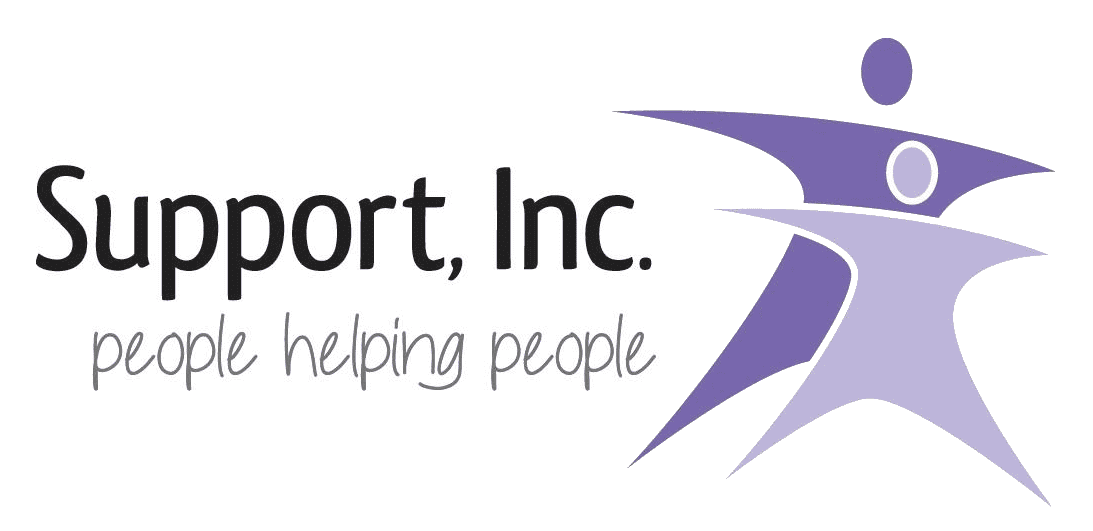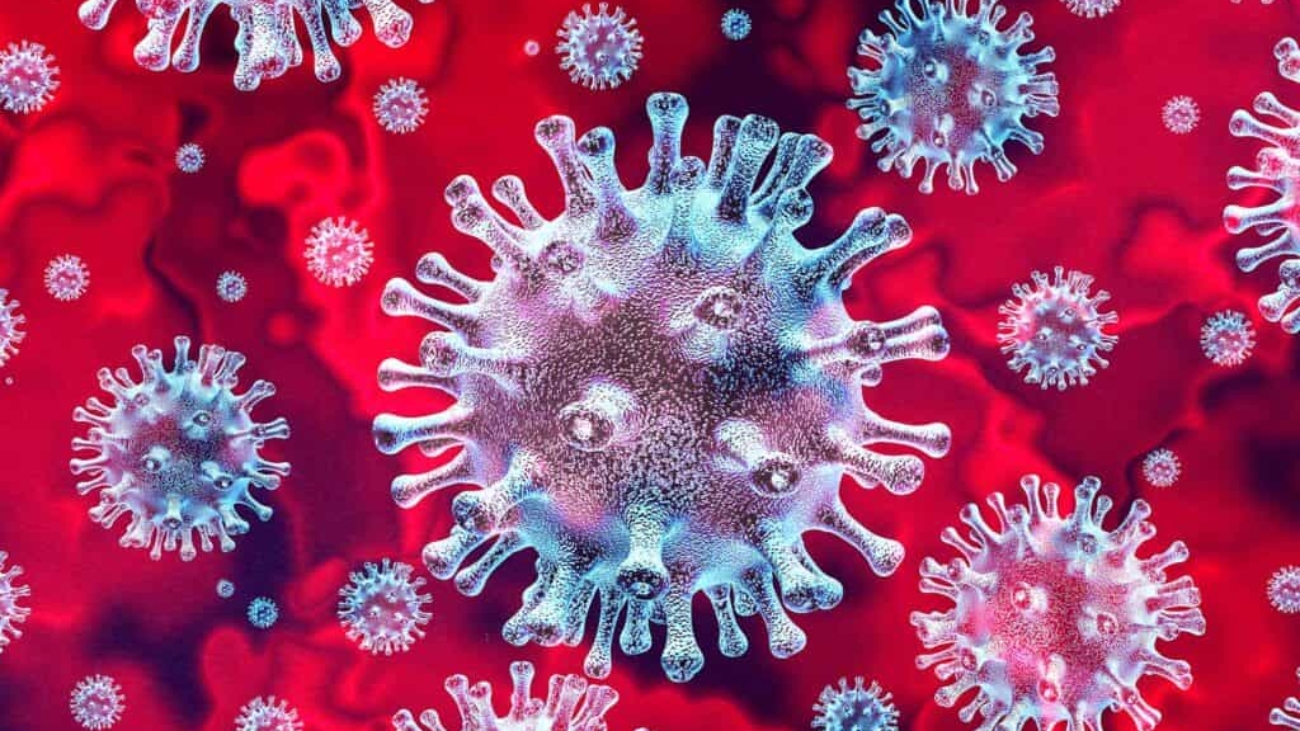To Support, Inc. staff, providers and families
The Food and Drug Administration (FDA) amended the emergency use authorization for Pfizer’s COVID-19 vaccine to allow for a single booster to select populations. The booster dose is to be administered at least 6 months after completion of the primary two dose series. The following individuals, if they were initially vaccinated with Pfizer’s COVID-19 vaccine, may get a booster shot at this time.
- People aged 65 and older
- People
aged 18-64 at high risk of severe COVID-19
- Medical
conditions that may put people at higher risk of severe COVID-19
- Cancer
- Chronic kidney disease
- Chronic lung disease including COPD, asthma (moderate to severe), interstitial lung disease, cystic fibrosis, and pulmonary hypertension.
- Dementia
- Diabetes (type 1 or type 2)
- Down syndrome
- Heart conditions (heart failure, coronary artery disease, cardiomyopathies, hypertension)
- HIV infection
- Immunocompromised state
- Liver disease
- Overweight or obesity (BMI greater than 25 kg/m2)
- Pregnancy
- Sickle cell disease or thalassemia
- Smoking, current or former
- Solid organ or blood stem cell transplant
- Stroke or cerebrovascular disease which affects blood flow to the brain
- Substance use disorders (alcohol, opioids cocaine use disorders)
- Medical
conditions that may put people at higher risk of severe COVID-19
- People
aged 18-64 whose frequent institutional or occupational exposure to
COVID-19 puts them at high risk for serious complications of COVID-19
including severe COVID-19.
- Occupations
at increased risk for COVID-19 exposure and transmission include front
line essential workers and health care workers in the following
positions:
- First responders (healthcare workers, firefighters, police, congregate care staff)
- Education staff (teachers, support staff, daycare workers)
- Food and agriculture workers
- Manufacturing workers
- Corrections workers
- U.S. postal service workers
- Public transit workers
- Grocery store workers
- Occupations
at increased risk for COVID-19 exposure and transmission include front
line essential workers and health care workers in the following
positions:
At this time only the above individuals who received the Pfizer vaccine are eligible for a booster dose. The decision to get a booster dose should be made between the individual and their primary care physician. Over time, we may see additional populations being recommended to receive a booster dose as more data becomes available. People in the recommended groups above who received Johnson & Johnson or Moderna may need a booster in the future, more data on the effectiveness of booster doses with these manufactures is being conducted. The need for a booster dose doesn’t mean the COVID-19 vaccines aren’t working. Current data continues to show all three COVID-19 vaccines are working to prevent severe illness, hospitalization, and death even against the Delta variant. However, public health experts have started seeing a reduced protection, especially among certain populations, against mild to moderate disease.
If you or someone you support received the initial two dose series of the Pfizer vaccine AND meet the criteria for a booster above, please contact their primary care physician to discuss eligibility criteria and to schedule a booster dose.
If you have any questions, please do not hesitate to reach out to myself or your supervisor. We will continue to provide updates through email, our website and our Facebook page.
Thank you, Laura Viers
Associate Director of Quality Assurance
Laura.Viers@supportinc.com

